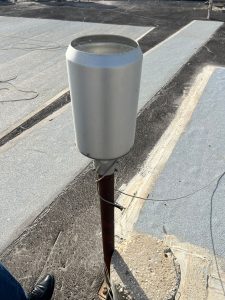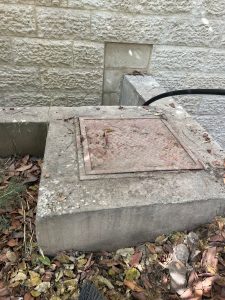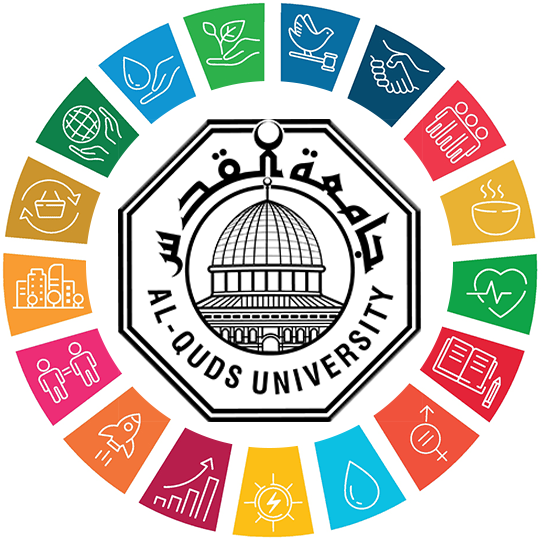Water Management Al-Quds University
Introduction
Al-Quds University aspires to achieve the best possible sustainable and efficient water management, and for this, the University sources innovative ways to measure water consumption and water sourcing. In this report, we outline Al-Quds University estimated primary water sources, the methods the University adopted to measure water usage, and the overall benefits of the University streamlined comprehensive water management system.
Sources of Water and Methods of Measurement
1. The primary water resource for the University is the Abu Dis artesian well. The well is one of the most significant assets of the complete water supply system to the University as it serves the most important and for the most part the highest volume of water supply services to the University. The University meets all the water supply needs of the University. The University has for the most part added sustainable resource monitoring to the well as well as to the complete water distribution supply system of the University by means of flow gauges developed and designed for the collection of all necessary quantitative water consumption data, thereby ensuring measurably efficient water consumption.

2. Rainwater Harvesting: Like―but in a smaller volume―the second source of water to the university is rainwater, captures from the built structures rooftops. This environmentally-friendly practice is done by channeling rainwater to storage wells. The amount of water collected is calculated by measuring the rainfall on the roof surfaces and the wells’ storage capacity. This technique saves water and contributes to efficient stormwater management.

3. Recycled Water: The third source is recycled water which is treated and reused for some non-potable purposes like irrigation. To avoid dependence on conventional water sources, the consumption of recycled water is regulated and measured through the use of water meters.

Benefits of Measuring Water Consumption
- Measuring water consumption across several different sources has numerous important advantages.
- Resource Sustainability: The University can avoid overexploitation of water resources and the associated environmental consequences by understanding exactly how much water is used.
- Cost Savings: Water investments lead to effective expenditures and management of the resource which ultimately produces significant savings.
- Reduced Ecological Impact: The University’s use of recycled water and rainwater harvesting, is proof of environmental stewardship.
- Informed Management: Strategic initiatives concerning the management of water consumption, use, and planning resources go to the heart of effective measurement.
The different sources and meticulous measurement employed by Al-Quds University Water Management exemplify its resolve toward sustainability, efficiency, and environmental stewardship. Responsible water usage in the academic community starts with the continuous monitoring and management of water resources and we are gaining water resource stewardship in the process.






